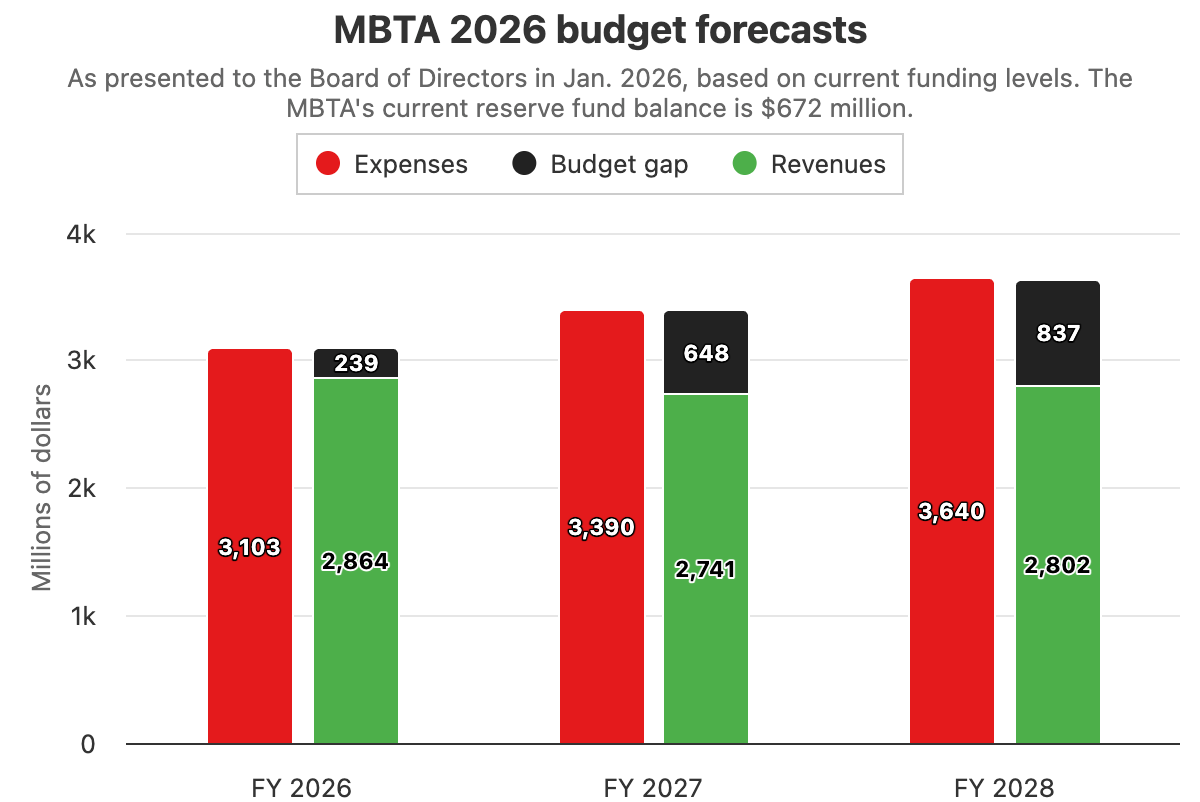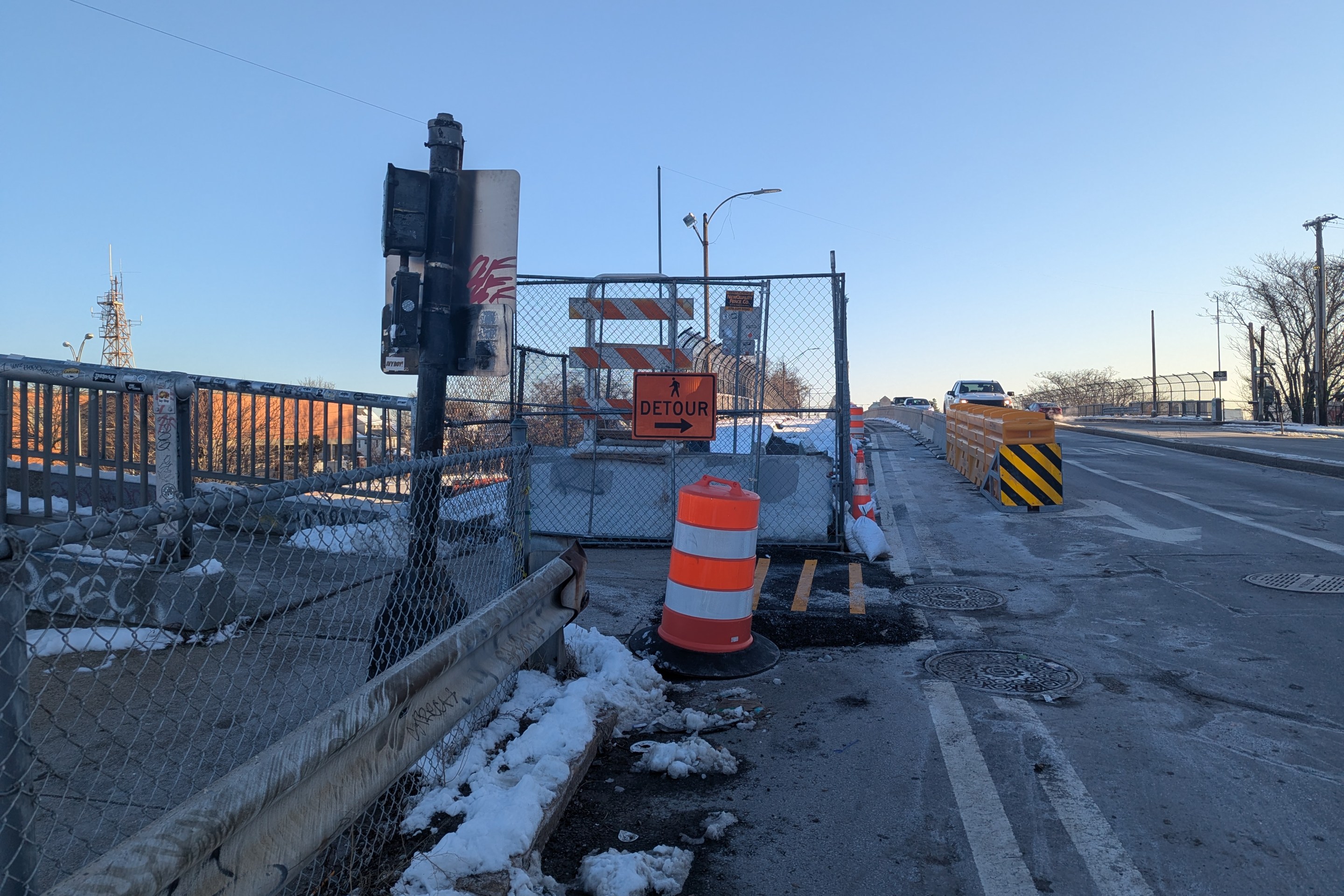Leaders of a conference committee in the State House have finally submitted a final version of a distracted driving bill that passed by overwhelming margins in the House and Senate earlier this spring, and the bill could face a final vote this week.
The bill declares that "no operator of a motor vehicle shall hold a mobile electronic device" and "no operator of a motor vehicle shall use a mobile electronic device unless the device is being used in hands-free mode."
The legislation sets a $100 fine for the first offense, $250 for the second offense, and $500 for subsequent offenses.
The bill also explicitly states that blocking a bike lane to check your phone will also be illegal: "an operator shall not be considered to be operating a motor vehicle if the vehicle is stationary and not located in part of the public way intended for travel by a motor vehicle or bicycle."
Both the House and the Senate passed versions of the so-called “hands-free” bill by near-unanimous margins this spring, but the legislation has languished for months in a conference committee where negotiations stalled over how enforcement of the the law would address concerns about racial profiling in traffic stops.
Both versions of the bill had acknowledged that the additional traffic stops will require oversight and publicly-available data to discourage racial profiling by police.
But while the Senate version explicitly asked law enforcement officers to record the “perceived race and ethnicity” of every traffic stop, the House-approved version of the bill would have only required data collection when a written warning or citation was issued.
The final bill punts on collecting race and ethnicity data from all traffic stops, and instead asks the secretary of public safety and security "to investigate and study alternative methods for collecting more accurate data" and report back to the joint committee on transportation "not later than April 1, 2020."
“This is a case of one step forward, two steps back,” said Rahsaan Hall, racial justice program director at the ACLU of Massachusetts, in a press statement. “It’s a step forward for the legislature to acknowledge racial disparities in traffic stops as a problem, but a missed opportunity to effectively address it. Despite the Senate’s best efforts to increase data collection and transparency, this bill simply repackages existing law on data collection and imposes new limits on data access.”
Governor Baker has expressed his support for the legislation and is expected to sign the bill. The law would take effect 90 days after receiving his signature.
Related:
Legacy of Racial Profiling By Police Holds Up Distracted Driving Law






